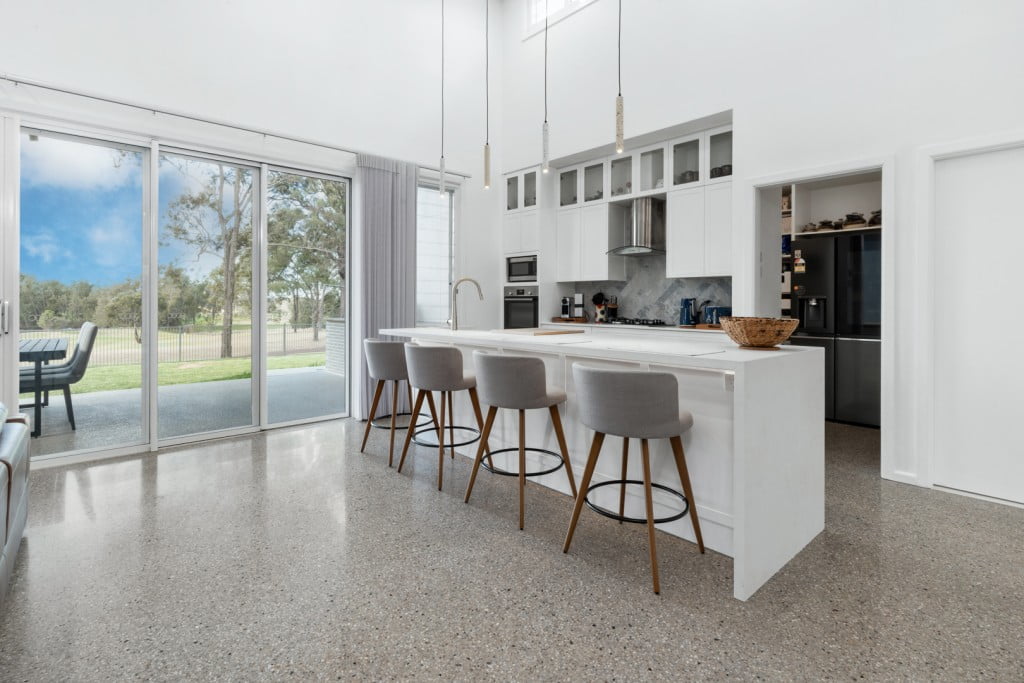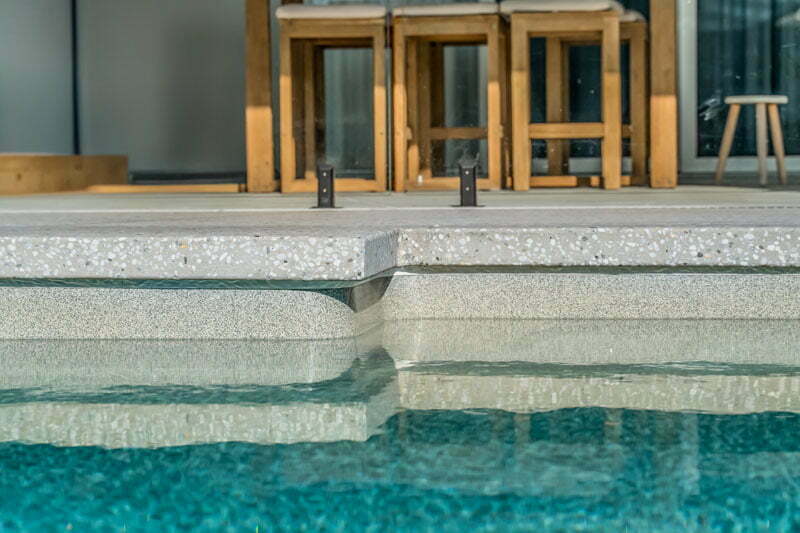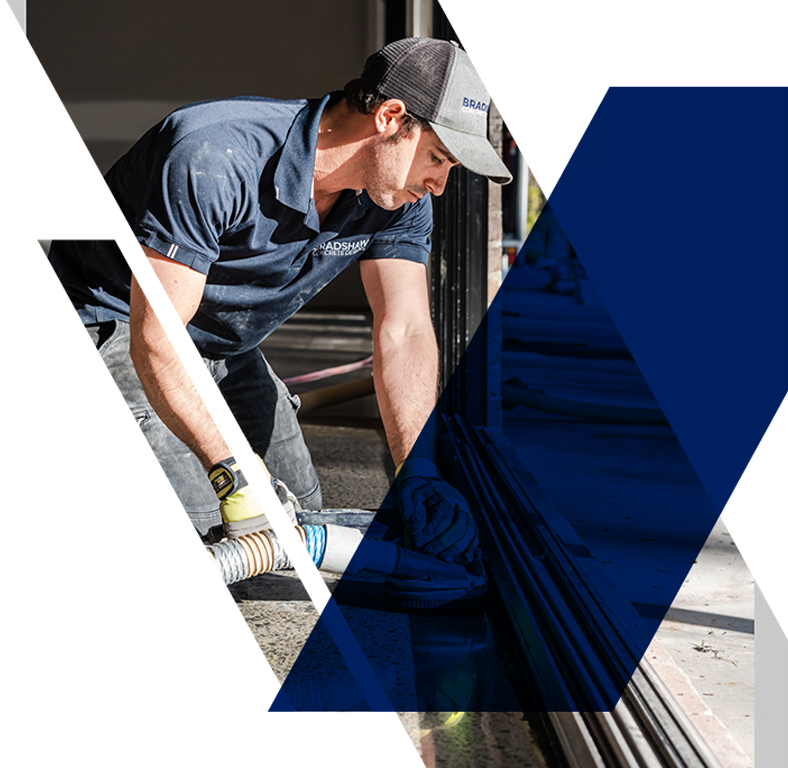
We work exclusively with concrete flooring to produce outstanding polished concrete surfaces.
Specialising in the art of concrete polishing and grinding, each floor we work with is crafted into a feature piece within your space, delivering both functionality and beauty.
Accompanying our craftsmanship is our heavy focus on open and clear communication, as we understand the planning and processes involved to bring your vision to life.
WE PROVIDE
Exceptional Finishes for Indoor & Outdoor Concrete Surfaces
Want to know more about us?
VIEW OUR WORK
Latest Projects
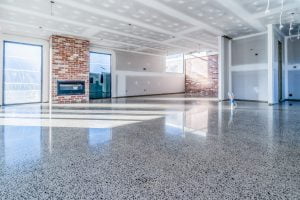
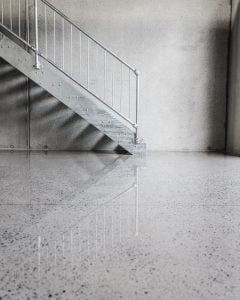
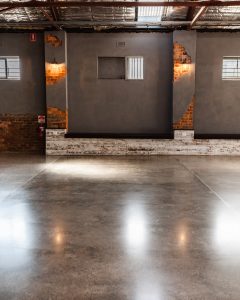
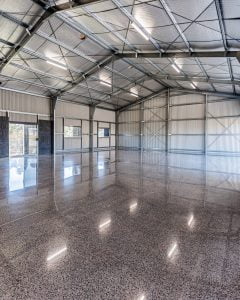
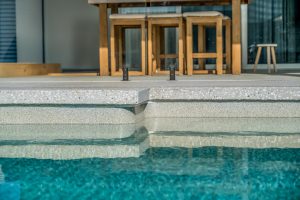
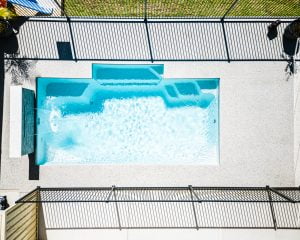
Testimonials
See what our customers have to say about us.

